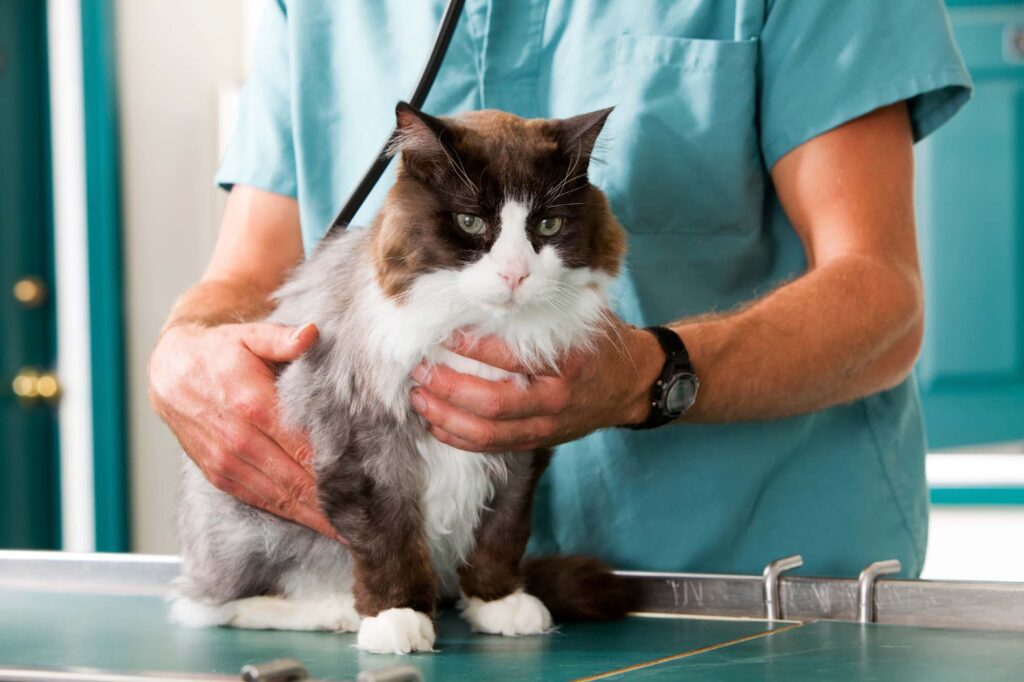Looks like the cat has chewed the wires again.
No worries! Please click on button to return to the homepage or use the menu above to find what you’re looking for. You may also contact us.

Looks like the cat has chewed the wires again.
No worries! Please click on button to return to the homepage or use the menu above to find what you’re looking for. You may also contact us.

Copyright © 2025 | All Rights Reserved | Terms of Use | Privacy Policy

As of December 1, Waterdown Animal Hospital has joined forces with Brant Animal Clinic, a trusted veterinary clinic in Burlington, ON.
While our physical Waterdown location has closed, our veterinarians, team values, and commitment to your pet’s health continue at Brant Animal Clinic.
Continued Veterinary Care at Brant Animal Clinic for Waterdown Animal Hospital clients
If you’re a new client looking for a veterinarian in the Waterdown/Burlington area, we’d be happy to welcome you at Brant Animal Clinic.
!Social Media Icons